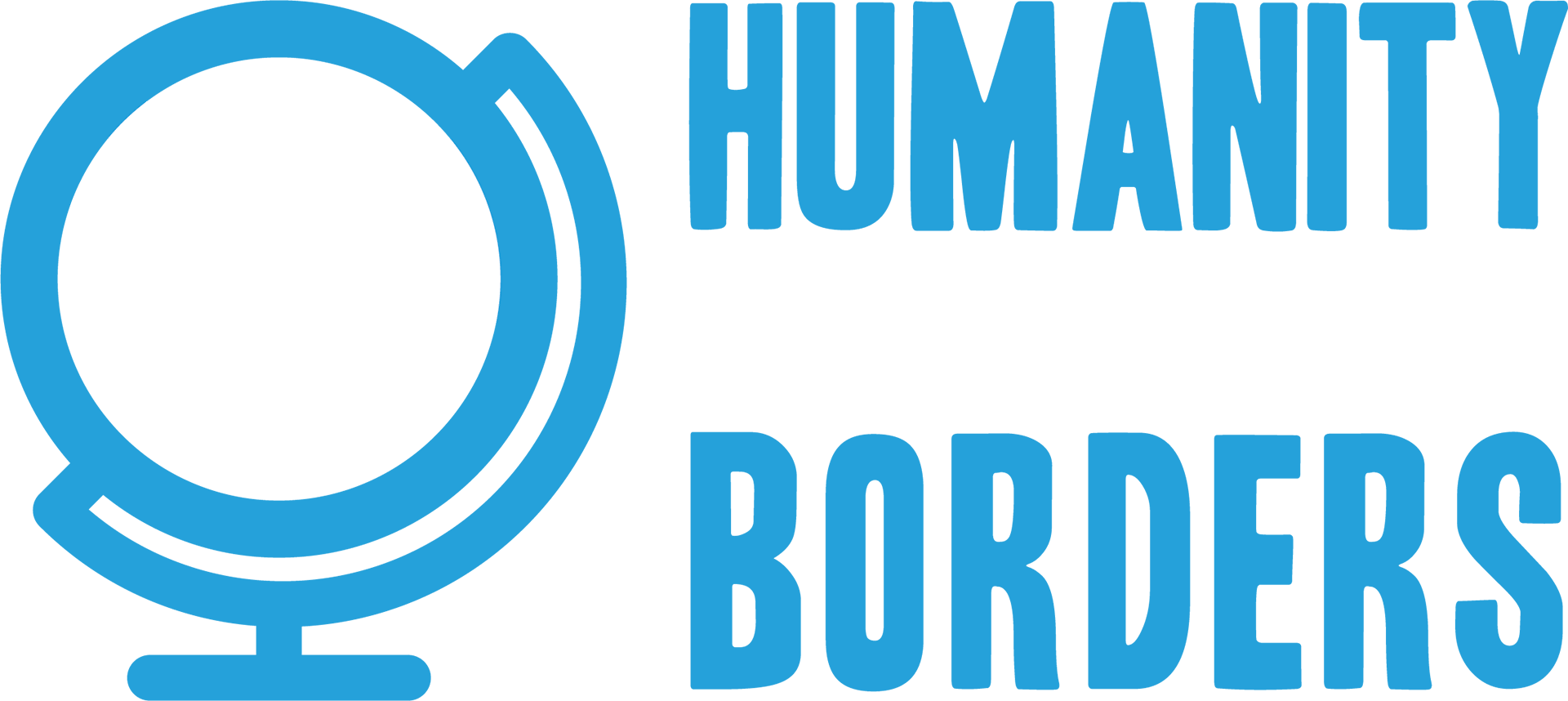For our business, we pay for goods and services using cheques. We also use cheques to pay our employees. Similarly, we often receive cheques for the goods that we sell. How is zakāt to be calculated on the cheques we have received but we have not yet cashed? Also, how should we calculate zakāt for the cheques we have written out, but the recipients have not yet cashed them?
Ansswer:
A cheque itself has no intrinsic value. It is simply a document that orders a bank or building society to pay a specific amount of money from a person’s account to the person in whose name the cheque has been written. The person or entity writing the cheque is known as the drawer, and the recipient is known as the payee.
When a cheque is written by the drawer for any amount, that amount remains in the drawer’s account until the payee submits the cheque to the bank and the cheque is cleared. This can take a few days. Until the amount is transferred into the account of the payee, the drawer has full access and control over that amount. If the cheque goes missing or is ripped, the funds are not lost as the money still has not left the drawer’s account, and the payee will have the option of asking the drawer to write another cheque.
Based on this, whether the drawer or payee pays zakāt on the value of the cheque depends on what the cheque was written for. This issue is related to the discussion on paying zakāt on liabilities and receivables. A detailed answer on this can be found at ……………….
- If the cheque was written to repay the payee for a loan, then the payee must pay zakāt. This is because the payee must pay zakāt on money he has lent out. This is considered a strong debt [dayn qawī] for the payee.
- If the cheque was written to pay the payee for business goods sold by the payee, then the payee must pay zakāt on the cheque. This is because the amount written in the cheque is a receivable for selling business goods which is zakātable. This too is a strong debt.
- If the cheque was written to pay the payee for personal goods, then zakāt is not due on anyone. The drawer does not need to pay as that amount is a liability on him, and the payee does not need to pay as receivables for personal goods are not zakātable. This is considered a medium debt [dayn wasṭ] for the payee.
- If the cheque was written to pay the payee for services offered by the payee, then no one needs to pay zakāt on the cheque. This includes paying employees. The drawer does not need to pay zakāt as that amount was a debt on him for hiring services. The payee does not need to pay zakāt also as this will be a receivable for offering services which is not zakātable. This is considered a weak debt [dayn ḍaʿīf] for the payee.
- If the cheque was written as a dowry payment [mahr], then zakāt is not due on anyone. The dowry is a liability for the husband and is considered a weak debt for the wife.
- If the cheque was written to award the payee a gift or a prize, then the drawer must pay zakāt. There is no zakāt on the payee. The drawer must pay as the money is still in his account and that amount is not a liability on him.
In conclusion, the drawer will not pay zakāt if the amount written on the cheque was a liability on him. The payee will pay zakāt if the cheque was written for the repayment of a loan or for the sale of business goods.
As can be seen, in some scenarios, zakāt is not due on anyone as for the drawer it is a debt which is yet to be paid, and for the payee, although it is a receivable, it falls under a weak debt.
Allah knows best
Ibrāhīm ibn Muḥammad
